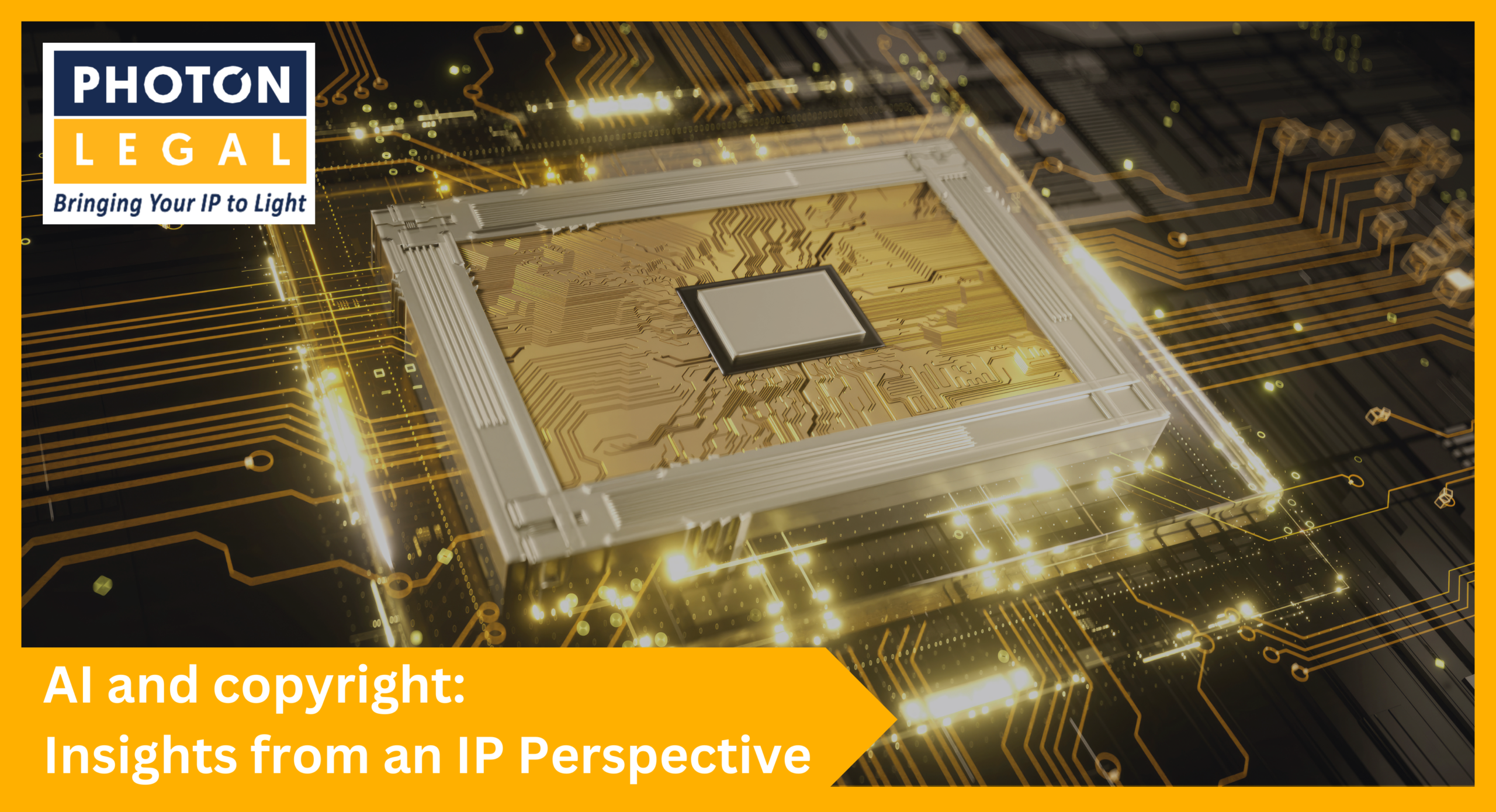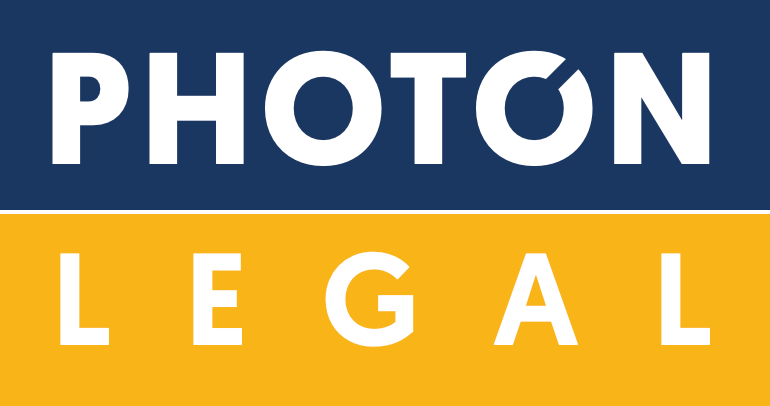
Introduction:
AI and copyright: Generative AI technology has revolutionized the way businesses create visuals and written content. By leveraging the power of machine learning and deep neural networks, generative AI tools can produce high-quality visuals and written content in a fraction of the time it would take humans to create them. Some of the most popular generative AI tools include Stable Diffusion, Midjourney, and DALL·E 2, which can create visuals in various styles from watercolors to pencil drawings. Additionally, generative AI can produce written content such as essays, poems, and summaries that mimic different styles and forms of writing. Join us as we explore the intersection of AI and copyright, and learn how to stay ahead of the game.
How Generative AI Technology Works
Generative AI tools do not create content from scratch. They are trained on vast amounts of data, including images and text, to recognize patterns and relationships that are then used to create rules and make predictions when given a prompt. The process involves a training phase where the AI model is fed large amounts of data to learn from and an inference phase where the AI generates new content based on the patterns it has learned.
Legal Risks and Challenges Posed by Generative AI Technology
Although generative AI technology offers significant benefits, it also poses legal risks that businesses need to be aware of. One of the main risks is potential intellectual property infringement, including copyright infringement. This risk arises because generative AI tools are trained on vast amounts of data, including copyrighted works, and can generate content that may infringe on others’ intellectual property rights. Additionally, businesses using generative AI tools need to be careful not to accidentally share confidential trade secrets or business information by inputting data into generative AI tools.
Existing Laws and Court Cases Relevant to Generative AI Technology
Existing laws and court cases have significant implications for generative AI technology. For instance, court cases such as Andersen v. Stability AI et al. and Getty v. Stable Diffusion raise concerns about using copyrighted works and unlicensed content in training data. The legal system is being asked to define the boundaries of what constitutes a “derivative work” under intellectual property laws and to determine the fair use doctrine, which allows copyrighted work to be used without permission for transformative purposes.
Best Practices for Businesses Using Generative AI Tools
To mitigate legal risks associated with generative AI tools, companies using these tools need to take proactive steps. AI developers should ensure they comply with laws and regulations related to acquiring data used to train their models. Customers of AI tools should ask providers about the models’ training data and review terms of service and privacy policies. Businesses should also avoid using generative AI tools if they are aware that the training data might include unlicensed works or that the AI can generate unauthorized derivative works not covered by fair use. Finally, companies should have contracts that are explicit about generative AI usage by vendors and customers.
Implications of Ethics and IP
The rise of generative AI also raises huge implications for ethics and IP. For instance, generative AI can lead to the intentional or inadvertent generation of abusive, offensive, and discriminatory content. It can also infringe on the moral rights of creators whose works are used for training generative AI models that can generate or mimic their works or style. Additionally, the ability to generate reputation-damaging “deep fakes” of celebrities or private individuals brings its own set of ethical challenges around privacy, defamation, and libel.
Preventing Copyright Infringement When Using AI for Content Creation
As an intellectual property lawyer, my advice to someone who wants to prevent copyright infringement while using AI to generate an author’s work is to take several precautionary steps as enlisted below:
-
Properly Source Training Data
Firstly, it is important to ensure that the AI model used to generate the work is not trained on copyrighted material without the permission of the copyright owner. It is recommended to use training data that is either in the public domain or for which you have obtained the appropriate licenses.
-
Review Output for Similarities
Secondly, it is essential to review the output of the AI-generated work and ensure that it is not substantially similar to existing copyrighted works. This can be done by conducting a thorough search of existing works, using specialized software to identify similarities, and engaging a copyright attorney to assist with the review process.
-
Include AI Notice in Generated Work
Thirdly, it is advisable to include a notice in the generated work that clearly identifies the use of AI and the contribution of human input, as well as the sources of any training data used. This can help to demonstrate that the work was created with the intention of respecting copyright laws and the rights of other creators.
-
Stay Informed on Evolving Laws and Best Practices
Finally, it is important to keep up to date with developments in the law and best practices for the use of AI-generated works. As AI technology continues to evolve, it is likely that copyright laws and regulations will also evolve to reflect the new realities of AI-generated content.
By taking these steps, you can help to minimize the risk of copyright infringement while using AI to generate original works and ensure that your creations are recognized as original and distinct from existing works. However, it is always recommended to consult with a copyright lawyer for expert advice specific to your individual circumstances.
How can we help?
If you are looking for professional assistance in protecting your copyright works, Photon Legal can help. Our team of experienced intellectual property lawyers can provide you with expert guidance on copyright laws and regulations, as well as assist you in registering your works for copyright protection. Contact us today to schedule a consultation and learn more about how we can help safeguard your creative works.
Also read: https://www.ipwatchdog.com/


